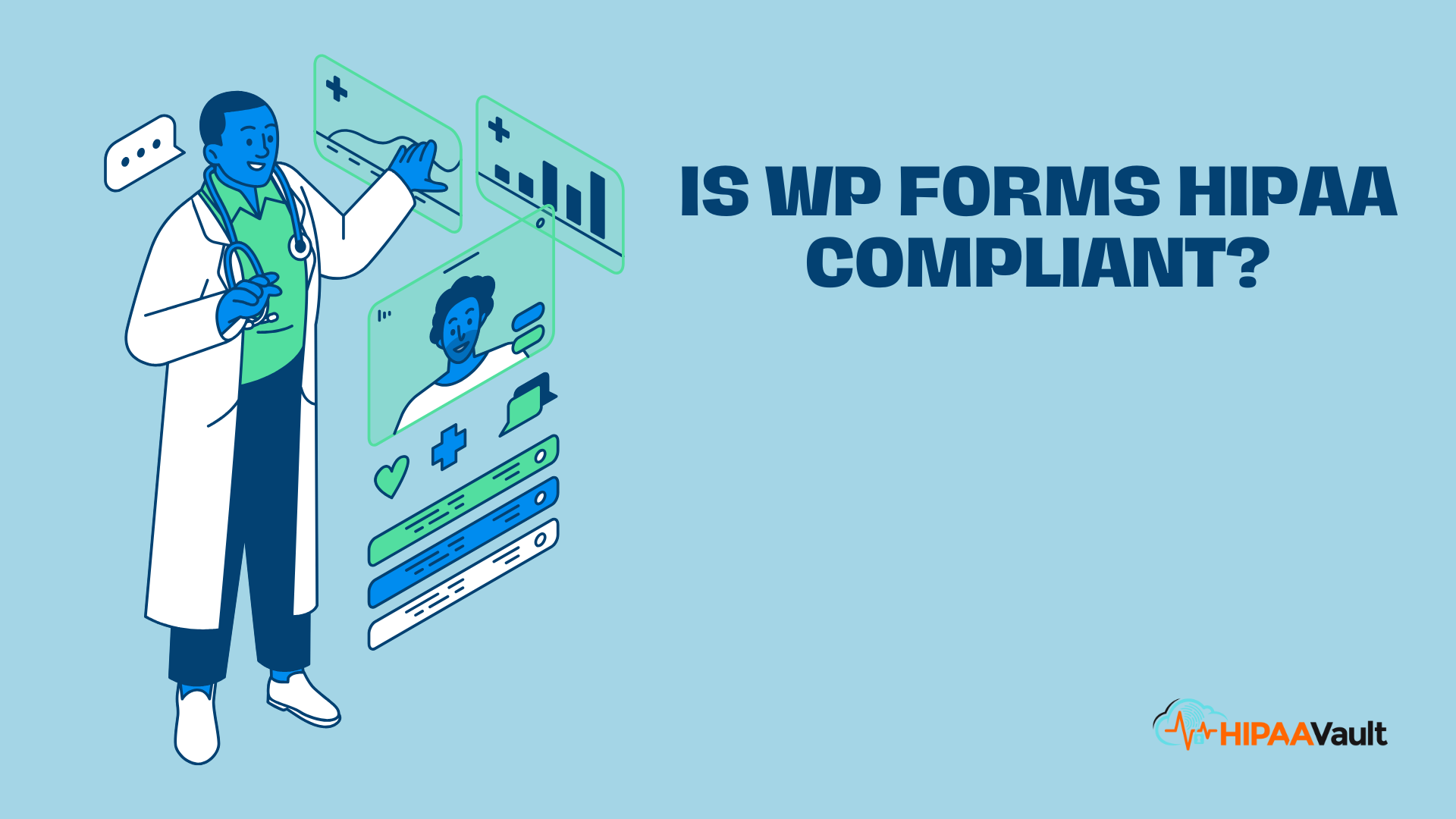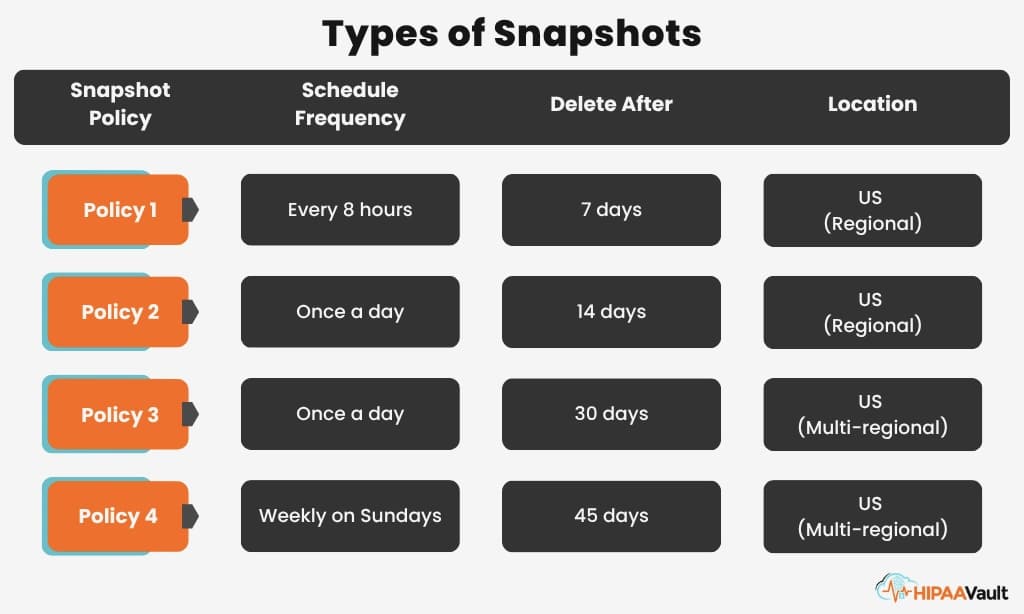WPForms is a widely used WordPress form builder plugin known for its drag-and-drop interface and integration features. It’s a go-to choice for many websites across industries—but when it comes to healthcare, the stakes are higher. Healthcare providers, business associates, and developers must ask: Is WPForms HIPAA compliant?
This article explores that question in depth and provides clear, fact-based guidance for healthcare organizations working to ensure their WordPress forms meet HIPAA requirements.
Is WP Forms HIPAA Compliant?
The short answer is no—WP Forms is not HIPAA compliant out of the box. According to their official documentation, WPForms does not sign a Business Associate Agreement (BAA), which is mandatory under HIPAA when a third-party tool processes or stores Protected Health Information (PHI) on behalf of a covered entity.
Even if you implement strong encryption and secure hosting, WP Forms’ refusal to provide a BAA means that any use involving PHI places your organization at risk of non-compliance. This is a critical factor because HIPAA compliance is not only about technical safeguards; it’s also about contractual and administrative responsibilities.
Understanding HIPAA’s Requirements for Web Forms
HIPAA, or the Health Insurance Portability and Accountability Act, mandates strict controls over the creation, storage, and transmission of PHI. This includes any data that identifies an individual and relates to their medical history, treatment, or insurance (45 CFR § 160.103).
When you use a form on your website to collect medical questions, patient complaints, or appointment requests, you’re likely handling PHI. Under the HIPAA Security Rule, you’re required to implement technical safeguards like encryption, access control, and audit logging. And under the Privacy Rule (45 CFR § 164.502), only authorized personnel should access that data.
If a third-party plugin is involved in that process, it must also meet these security standards and agree to a BAA—which WPForms does not.
Can You Make WPForms HIPAA Compliant?
Some developers assume they can configure WPForms to be “secure enough” by using HTTPS, disabling data storage, or adding encryption plugins. But this doesn’t resolve the core issue. Without a signed BAA from the form provider, the setup still fails to meet HIPAA’s legal requirements.
Additionally, most shared WordPress hosting environments don’t meet HIPAA standards. HIPAA compliance requires administrative safeguards like role-based access control, breach response procedures, and secure audit trails—not just secure transmission.
So while you might reduce surface risk with advanced configurations, the use of WPForms for PHI collection still poses a compliance liability. Simply put, there is no safe way to use WPForms to collect PHI unless the provider offers HIPAA-compliant assurances—which they currently do not. <h2>HIPAA Vault’s Secure WordPress Solutions</h2>
Healthcare providers looking to use WordPress need an alternative that combines usability with compliance. That’s where HIPAA Vault comes in.
Our HIPAA-compliant WordPress hosting platform is purpose-built for healthcare environments. We provide secure infrastructure with hardened Linux and Windows options, encrypted data storage, TLS 1.2+ enforced traffic, and full audit logging.
What sets us apart is that we offer BAAs for all our services, ensuring your legal bases are covered. We also help integrate secure contact forms and patient intake forms that comply with the HIPAA Security and Privacy Rules.
Whether you’re a web developer working on a healthcare website or a provider looking to offer patient portals, HIPAA Vault supports you with managed services, 24/7 monitoring, and compliance guidance.
Why Choosing a HIPAA-Ready Form Builder Matters
Not all form builders are equal when it comes to compliance. Some form services—like Jotform’s HIPAA-compliant version or LuxSci—do offer BAAs and compliant storage, but even then, they must be configured correctly and paired with secure hosting. That’s why partnering with a provider like HIPAA Vault, who handles both infrastructure and compliance guidance, offers greater peace of mind.
Remember, even data that appears “innocuous” (such as a name and email address) can qualify as PHI when tied to a healthcare context. As such, it’s safest to treat all form submissions as sensitive unless proven otherwise.
Unlimited HIPAA Forms & Users—Just $97/mo
Stop paying per-seat fees. Get unlimited staff access, unlimited submissions, and a signed BAA for one flat monthly price.
Learn MoreConclusion: Don’t Rely on WPForms for HIPAA Compliance
If your WordPress site handles patient information, WPForms is not the right tool—unless it’s used exclusively for non-healthcare content and in a non-clinical context. The lack of a BAA and the absence of HIPAA-specific features disqualify it from healthcare use.
For organizations that want to maintain the convenience of WordPress while meeting HIPAA obligations, HIPAA Vault provides the secure hosting and form integrations needed for compliance. Let us help you avoid costly missteps and build trust with your patients.








